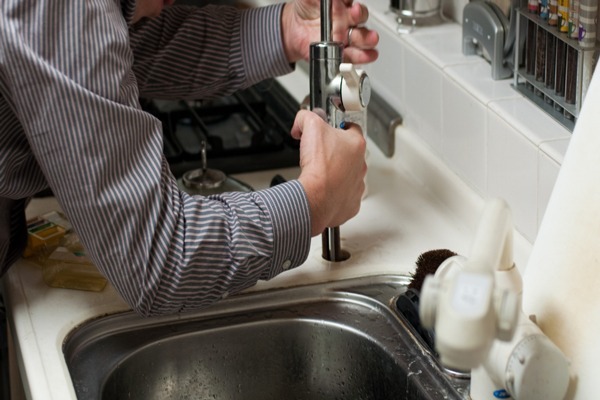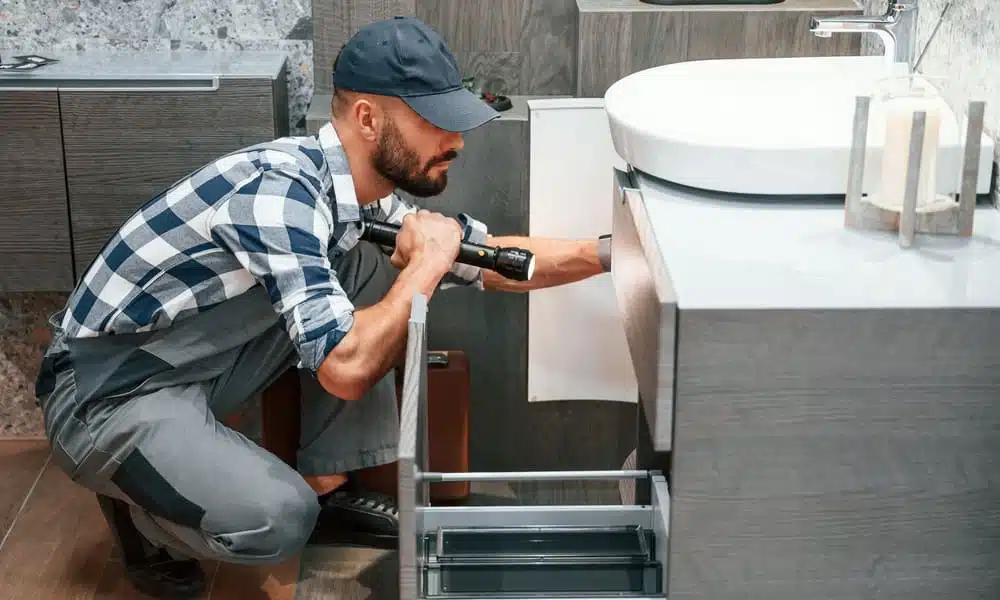When it comes to plumbing, choosing the right type of piping is a crucial decision. The pipes in your home are responsible for delivering clean water and removing waste efficiently, so picking the right material can impact durability, cost, and even water quality.
Two of the most commonly used materials for plumbing systems are copper and PVC (polyvinyl chloride). But which one is best for your home? Let’s break down their differences to help you make an informed decision.
Copper Pipes – Durable and Reliable
Copper has been a go-to choice for plumbing for decades, and for good reason.
- Long Lifespan – Copper pipes can last 50+ years, making them one of the most durable piping options.
- Resistant to Corrosion – Unlike some metals, copper doesn’t rust, making it ideal for both indoor and outdoor plumbing.
- Handles High Temperatures – Copper pipes are great for hot water systems because they won’t warp or melt under high heat.
- Safe for Drinking Water – Copper is naturally resistant to bacterial growth and doesn’t release harmful chemicals into your water.
- Environmentally Friendly – Copper is 100% recyclable, making it a sustainable option.
However, copper does have some downsides
- Expensive – Copper pipes cost significantly more than PVC, both in material and installation.
- Complex Installation – Soldering is required to join copper pipes, making the installation process more labor-intensive.
- Potential for Corrosion in Certain Conditions – While resistant to rust, acidic water can cause copper pipes to corrode over time.
PVC Pipes – Affordable and Easy to Install
PVC pipes are a modern alternative that many homeowners choose for their affordability and ease of use.

- Budget-Friendly – PVC is much cheaper than copper, making it a great choice for cost-conscious homeowners.
- Lightweight & Easy to Install – No special tools or soldering required—just cut, glue, and connect!
- Resistant to Chemicals – PVC doesn’t corrode easily, making it ideal for waste lines and underground plumbing.
- Flexible & Versatile – Can be used for a variety of plumbing needs, including drainage and cold water supply.
However, PVC has some limitations-
- Not Ideal for High Temperatures – Standard PVC can warp or degrade with hot water exposure. (CPVC is a better alternative for hot water but is pricier.)
- Brittle Over Time – Long-term exposure to sunlight or freezing temperatures can make PVC crack.
- Potential Health Concerns – Some studies suggest that certain types of PVC may leach chemicals into the water.
Which One Should You Choose?
If you’re looking for long-term durability and don’t mind a higher upfront cost, copper is the way to go. It’s best for homes that need a safe, long-lasting plumbing system, especially for drinking water and heating applications.
If you’re on a budget and want an easy-to-install option, PVC is a fantastic choice. It works well for drainage systems, cold water supply, and underground pipes, where extreme heat isn’t a concern.


